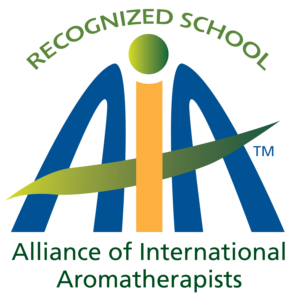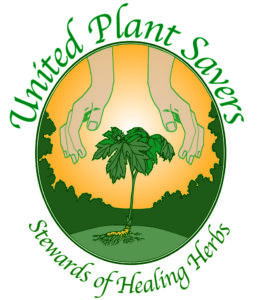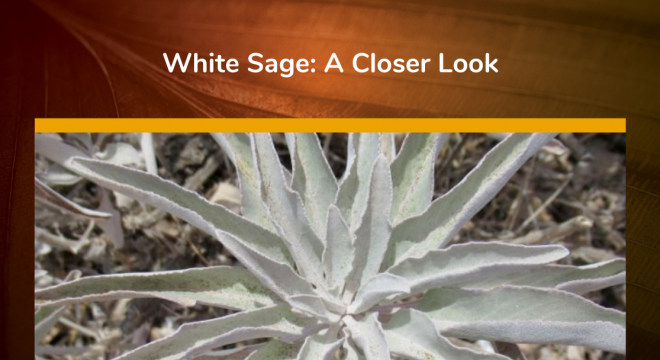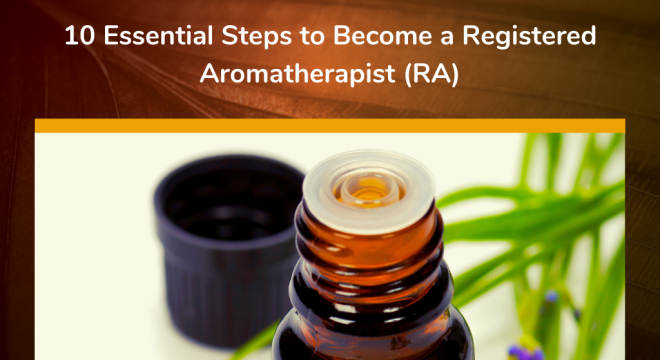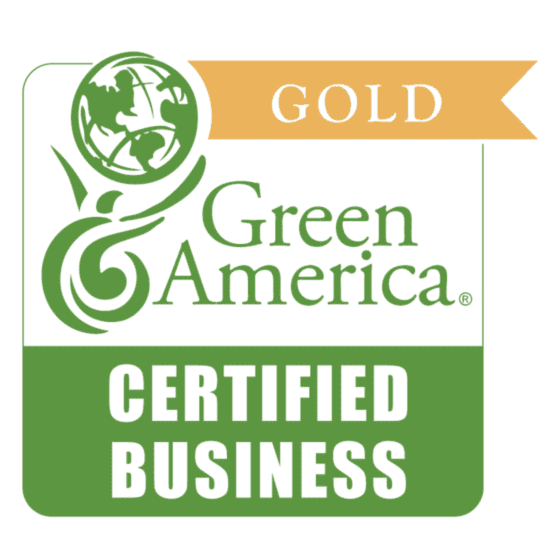You’ll find professional aromatherapists working in a number of industries like…
- Perfumery & flavoring
- Natural products & cosmetics
- Hospital & clinical settings
- Private in-person & telehealth wellness consulting
- Spa & hospitality
- Thought leadership & education
Working professionals such as nurses, doctors, chiropractors, massage therapists, and herbalists often integrate aromatherapy into their practice to offer a more well-rounded, holistic client experience.
As essential oils become more and more popular, there is a growing need for experts in many industries! Wherever your love of essential oils and wellness may lead you, it’s best to begin with an industry-celebrated, quality education in aromatherapy.
The Future of Professional Aromatherapy
As we’ve covered above, a number of industries are beginning to utilize aromatherapy. The global essential oil market is steadily increasing and projected to reach USD 13.94 billion by 2024![1]
And as essential oils become even more embedded into everyday life, the need for expertise continues to grow.
If your goal is to become a professional aromatherapist who works with clients, there are a few key facts to keep in mind. (FYI – we cover these topics in even more depth in our accredited online aromatherapy courses.)
Health Freedom
First, if you want to be an aromatherapist in a state without Health Freedom legislation, you must be aware of your limitations to avoid violating medical practice acts. ACHS covers the differences between medical professionals and health coaches and health educators, among others, in NAT 306 Holistic Health Consulting and Business Skills Online.
The Role of the Professional Aromatherapist
When working with clients, a professional aromatherapist always defines their role clearly. Many professionals use a statement like the one below to provide clarity and transparency to clients. It can be posted as a notice in your office, sent in an email, or given as a pamphlet. You may even provide a “role of the client” fact sheet so everyone has a well-defined understanding of the services provided in your aromatherapy sessions.
A professional aromatherapist coaches and educates clients on how to achieve and sustain wellness through the safe use of high-quality essential oils. They encourage and teach clients to follow the fundamentals of good health, like the importance of holistic living through fresh air, clean water, whole-foods nutrition, exercise, and healthy lifestyle choices.
An aromatherapist performs evaluations to determine causes of potential health problems and imbalanced body systems, and will always refer a client back to their primary care physician for a diagnosis if necessary.
A professional aromatherapist DOES NOT diagnose or treat disease, prescribe drugs or pharmaceuticals, or perform invasive procedures like surgery or other touch therapies that they are not licensed to perform.
[1] Petersen, D. (2017). Careers in aromatherapy. [White paper]. Retrieved from https://contact.achs.edu/download-free-careers-in-aromatherapy-white-paper

